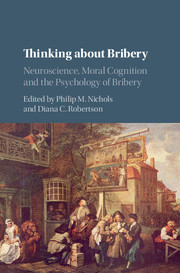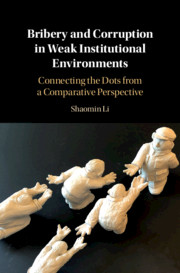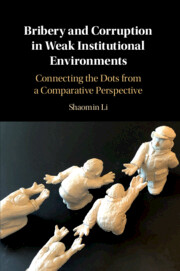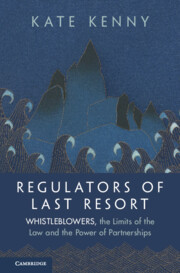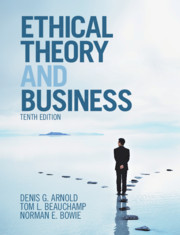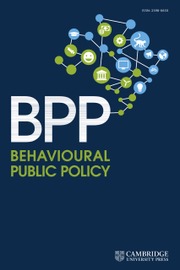Thinking about Bribery
Bribery is perhaps the most visible and most frequently studied form of corruption. Very little research, however, examines the individual decision to offer or accept a bribe, or how understanding that decision can help to effectively control bribery. This book brings together research by scholars from a variety of disciplines studying the mind and morality, who use their research to explain how and why decisions regarding participation in bribery are made. It first examines bribery from the perspective of brain structure, then approaches the decision to engage in bribery from a cognitive perspective. It examines the psychological costs imposed on a person who engages in bribery, and studies societal and organizational norms and their impact on bribery. This is an ideal read for scholars and other interested persons studying business ethics, bribery and corruption, corruption control, and the applications of neuroscience in a business environment.
- Examines bribery from the new perspective of cognitive neuroscience, and will therefore appeal to scholars wanting to learn how cognitive neuroscience can inform their research
- Offers a multi-disciplinary perspective, drawing on behavioral economics, law, and organizational behaviour, as well as neuroscience and psychology, thus having wide appeal to those studying bribery in a variety of fields
- Builds on the neuroscience of morality, applying moral decision-making to explore the individual decision of bribery, and offering an effective contribution to programs attempting to control bribery
Product details
September 2017Hardback
9781107132214
284 pages
235 × 156 × 19 mm
0.52kg
13 b/w illus. 6 tables
Available
Table of Contents
- 1. Introduction and overview: bribery and the study of decision making Diana C. Robertson and Philip M. Nichols
- Part I. Structure and Mechanics of the Brain:
- 2. Cognitive neuroscience methods: an introductory overview for social scientists Trishala Parthasarathi and Joseph W. Kable
- 3. The conforming brain and deontological resolve Melanie Pincus, Lisa LaViers, Michael J. Prietula and Gregory Berns
- Part II. Moral Cognition and Bribery:
- 4. Corruption in the context of moral trade-offs James Dungan, Adam Waytz and Liane Young
- 5. Cognitive dissonance, ethical behavior, and bribery Andrew Samuel
- Part III. Psychological Insights into Bribery:
- 6. Beyond black and white: three decision frames of bribery Xiao-Xiao Liu, George I. Christopoulos and Ying-yi Hong
- 7. Effect of reminders of personal sacrifice and suggested rationalizations on residents' self-reported willingness to accept gifts Sunita Sah and George Loewenstein
- Part IV. Norms and the Decision to Engage in Bribery:
- 8. Determinants of corruption: a socio-psychological analysis Cristina Bicchieri and Deshani Ganegoda
- 9. Moral norms, behavioral ethics, and bribery activity Robert A. Prentice
- 10. Thoughts on the control of bribery Philip M. Nichols and Diana C. Robertson.

